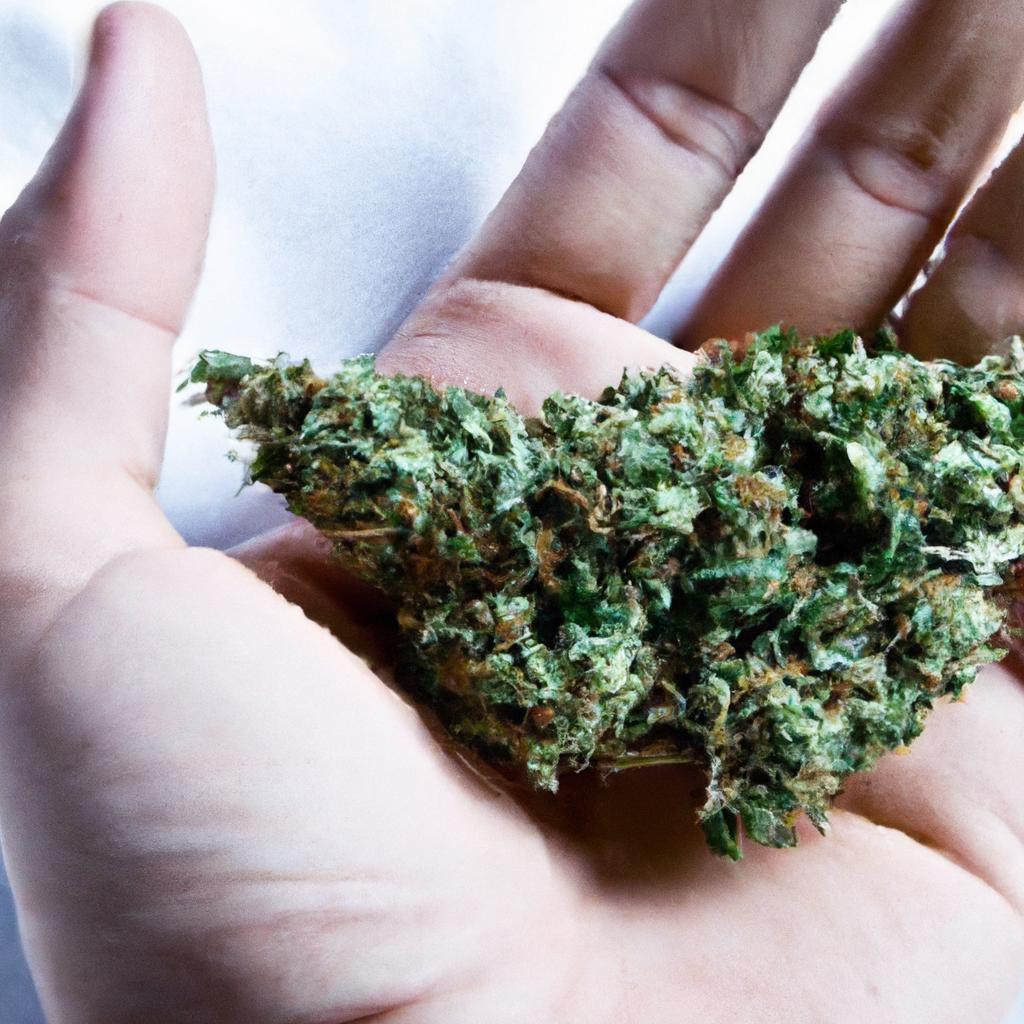Your cart is currently empty!
In recent years, cannabis has gained significant attention for its potential impact on sleep. As the plant becomes increasingly mainstream, it’s essential to understand how it interacts with various aspects of sleep to make informed choices. This blog post dives into the nuances of cannabis and sleep, highlighting key insights from scientific research, user experiences, and potential benefits.
The Science of Cannabis and Sleep
Cannabis impacts sleep primarily through its interaction with the endocannabinoid system, a crucial component in regulating sleep, mood, and pain. Cannabinoids like THC and CBD have different effects on sleep patterns:
- THC (Tetrahydrocannabinol): Known for its psychoactive effects, THC can help individuals fall asleep faster by inducing a state of relaxation. However, high doses may lead to a decrease in REM sleep.
- CBD (Cannabidiol): Non-psychoactive, CBD is noted for reducing anxiety and improving sleep quality without significant effects on REM sleep.
Potential Benefits of Cannabis for Sleep
While research is ongoing, some potential benefits of cannabis for sleep have been identified:
- Faster Sleep Onset: THC may reduce the time it takes to fall asleep, particularly for those with insomnia.
- Deeper Sleep: By reducing the amount of time spent in REM sleep, cannabis may promote deeper, restorative sleep stages.
- Anxiety Reduction: CBD’s calming effects can help alleviate anxiety, which is often a barrier to restful sleep.
FAQs: Cannabis and Sleep
- Can cannabis be used as a long-term sleep aid?
- While many people find relief with cannabis, dependence can develop over time. It’s generally recommended to explore other sleep hygiene practices for long-term management.
- How does cannabis dosage affect sleep?
- Lower doses of THC may promote sleep without significant side effects, while higher doses can cause daytime drowsiness or disrupt sleep cycles.
- What is the best strain for sleep improvement?
- Indica-dominant strains are typically preferred for their relaxing and sedative effects. Popular choices include Northern Lights and Granddaddy Purple.
Real-World Example: User Experience
Consider John, a chronic insomniac who has struggled with sleep for years. After consulting with a medical professional, he began incorporating a low-dose CBD oil into his nightly routine. Within weeks, John reported falling asleep more easily and waking less frequently during the night. This anecdote highlights the potential of CBD to support improved sleep habits without psychoactive effects.
Conclusion
While cannabis offers promising benefits for sleep, it’s crucial to approach its usage with caution and under professional guidance, given its varying effects on different individuals. A blend of scientific research and personal testimonials indicates its potential, but more studies are needed to solidify cannabis as a reliable sleep aid.
As you explore cannabis for sleep improvement, remember to consider the type and dosage carefully. Consult with healthcare providers to ensure safe and effective use tailored to your individual needs.
For those interested in exploring the benefits of cannabis for sleep, incorporating mindfulness techniques and proper sleep hygiene could synergize with cannabis intake for even greater effects.
Discover more from Magic Clones
Subscribe to get the latest posts sent to your email.


Leave a Reply